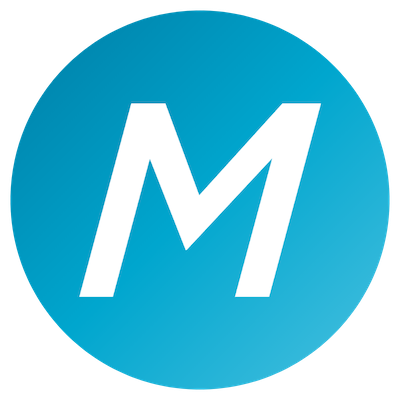Tech interviewing used to be mostly a one-way street with hiring managers posing questions, and candidates listening and supplying the answers. However, with demand exceeding supply for top candidates, leverage has shifted to candidates as employers struggle to find the talent they need.
Interviewing processes now include more open discussions about, salary, remote work, balancing job duties with family, and mitigating against burnout.
Is anything taboo? Asking difficult questions in a job interview can feel daunting when you're trying to paint yourself as an enthusiastic team player. But it's important to ask what you need to ask, to ensure the job will be a good fit.
When working through a staffing agency, here are some guidelines for what's on and off the table to ask during initial interviews.
Flexibility
Work structure has become a prominent topic in interviews.
What is your expectation for hybrid schedules on site? Will this always be a remote job? While your recruiter hopefully provided this intel before the interview, this is certainly a valid question to ask.
The answer you get will also give you a good idea of the work environment/management style to discern if the manager can be flexible with schedules to better support work-life balance.
Salary
Salary is still the 800-pound gorilla in the room. You should have salary conversations with your recruiter before any interviews take place with the hiring manager.
During the interview, you should avoid entering into negotiation directly with the hiring manager. It may be perceived as a turnoff, plus, any final decisions on salary are typically determined by HR.
Personal situation
We get it. You have kids, or maybe an elderly parent who needs help. Personal obligations these days are an important part of a holistic and meaningful life.
Should you talk about your personal situation and talk about working an altered schedule while interviewing?
Not at first. A hiring manager shouldn't be blindsided by details such as any impediments to normal work hours or schedule.
Ask questions about how the company has evolved its approach to work during the pandemic. Based on the response, you might not have to ask for a specific accommodation to get the flexibility you need.
Culture fit
Burnout and isolation are byproducts of the disruption to the workplace in 2020. Hiring managers understand this. It is perfectly legitimate to ask a hiring manager how they manage remote workers to engage them and keep company culture alive. This could include off-hours get-togethers, social events, team building, etc.
Communication styles, techniques and frequency are all important topics to inquire about. Asking what communication tools they use and how they use them will help you better understand how they collaborate.
Attrition
"Why is this position open?" is a perfectly valid question to ask an interviewer to understand the situation. Is it a new position? A result of growth on the team? Replacement? Why did the previous job owner leave? A large amount of turnover should be a red flag, both because of the factors driving staff to say goodbye and because it's putting a huge strain on the employees who are left behind to pick up the slack.
All in all, interviewing has become much more of a two-way dialogue than it used to be. Don't be afraid to probe into some of these areas. It will demonstrate that you are interested and engaged both in your well-being and in the company's success.

Motion Recruitment






